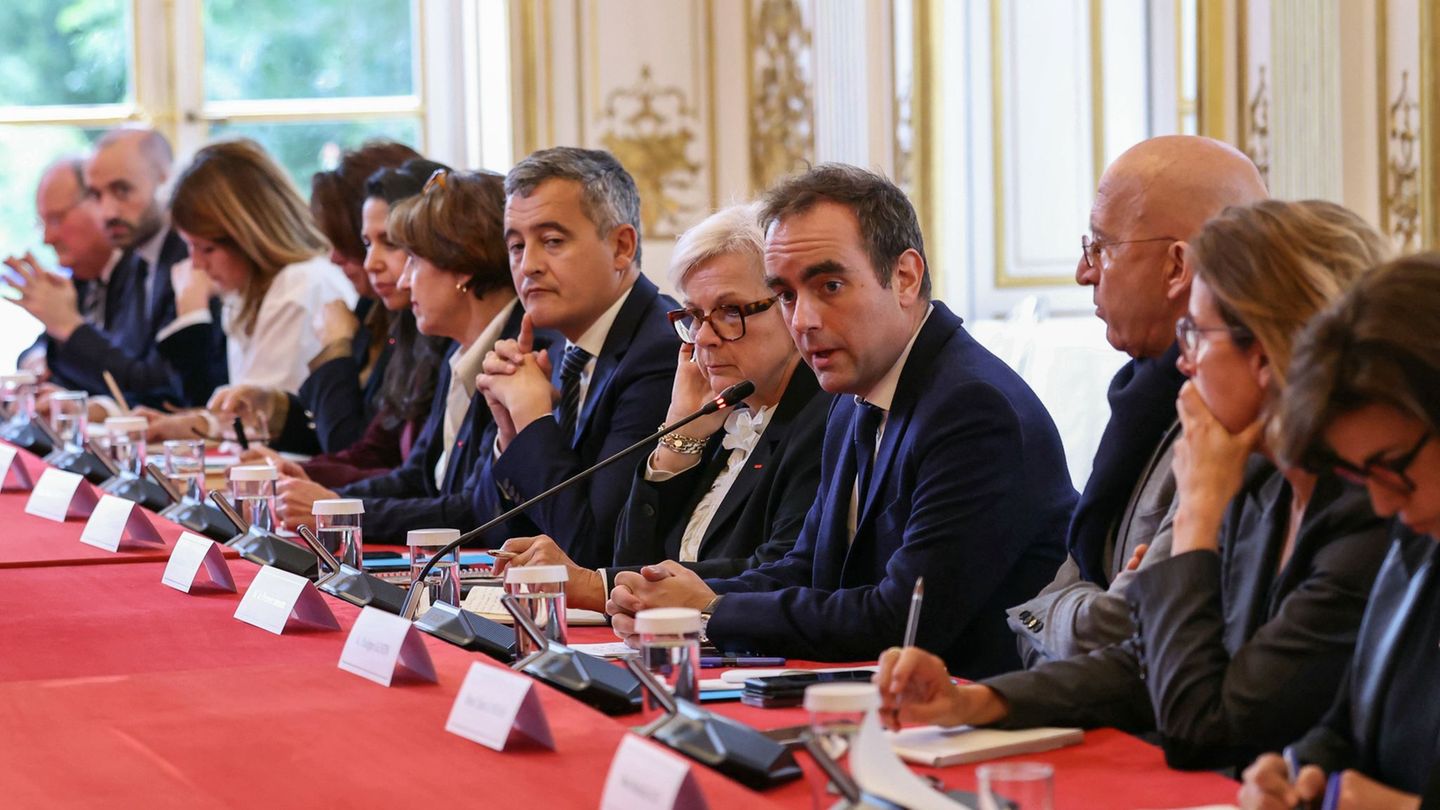The fintech become relevant worldwide and Uruguay is consolidated as an emerging market for the sector, with an average annual growth of 44% between 2017 and 2023, according to a joint report from the Inter-American Development Bank (IDB) and Finnovista.
The survey highlighted the implementation of innovation hubs and pointed out that the fintech ecosystem is developing with “remarkable dynamism” in the country, as well as in Peru, Ecuador, Dominican Republic, Costa Rica and Guatemala. He even specified that, together, the countries went from representing just 7% of the regional total in 2017, with 48 ventures, to adding almost 15% with the 455 surveyed in 2023.
This improvement is associated with the regional situation, since the ventures of technology finance They grew more than 340% in the last 6 years, going from 703 to 3,069 throughout the region during that period.
As for the big players in the region, Brazil continues to be the one with the largest number of fintechs, with 24% of the total, followed closely by Mexico (20%) and leaving more behind Colombia (13%), Argentina and Chile (both with 10%), while Uruguay represents 1.69%.
What segments do fintechs target?
The report investigated the segments that lead the number of platforms in the region and once again at the top of the list are payments and remittances, with 21% of the total companies, among which is the Uruguayan unicorn dLocal.
They complete the podium loans, with 19%; and business finance management, with 13%. In turn, it was highlighted that the 3 items experienced average annual increases of 24%, 31%, and 28%, respectively.
As for the public, more and more ventures in the region focus on people and companies underbanked or unbanked, observed from the IDB and Finnovista, highlighting that this “shows the positive impact of this sector on financial inclusion.”
Currently, 57% of fintech Its target population is this population group, while, in 2021, that percentage was 36%. Specifically, the loan segment leads in serving unbanked people, while payments and remittances represents the segment that most serves underbanked small and medium-sized businesses.
Technology and financial inclusion
Anderson Caputo head of the connectivity, markets and finance division of the IDB, considered that the report serves to design public policies and also “reaffirms the enormous potential of the financial technology to close the financial inclusion gaps in the region.”
While, Fermin Well, co-founder and Managing Partner of Finnovista, considered fintech as “a key driver for innovation and economic growth of the region, but also for financial inclusion and accessibility to financial services for millions of people and small businesses.”
Source: Ambito




